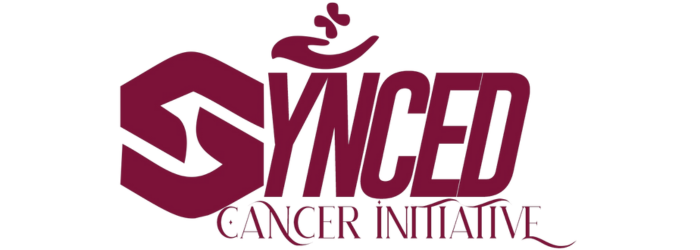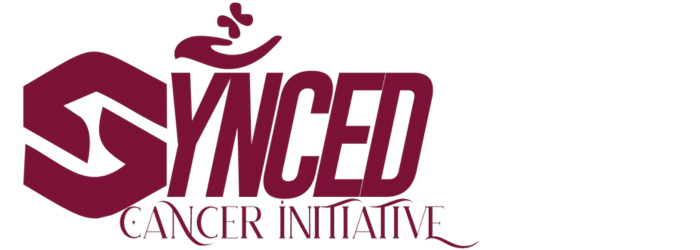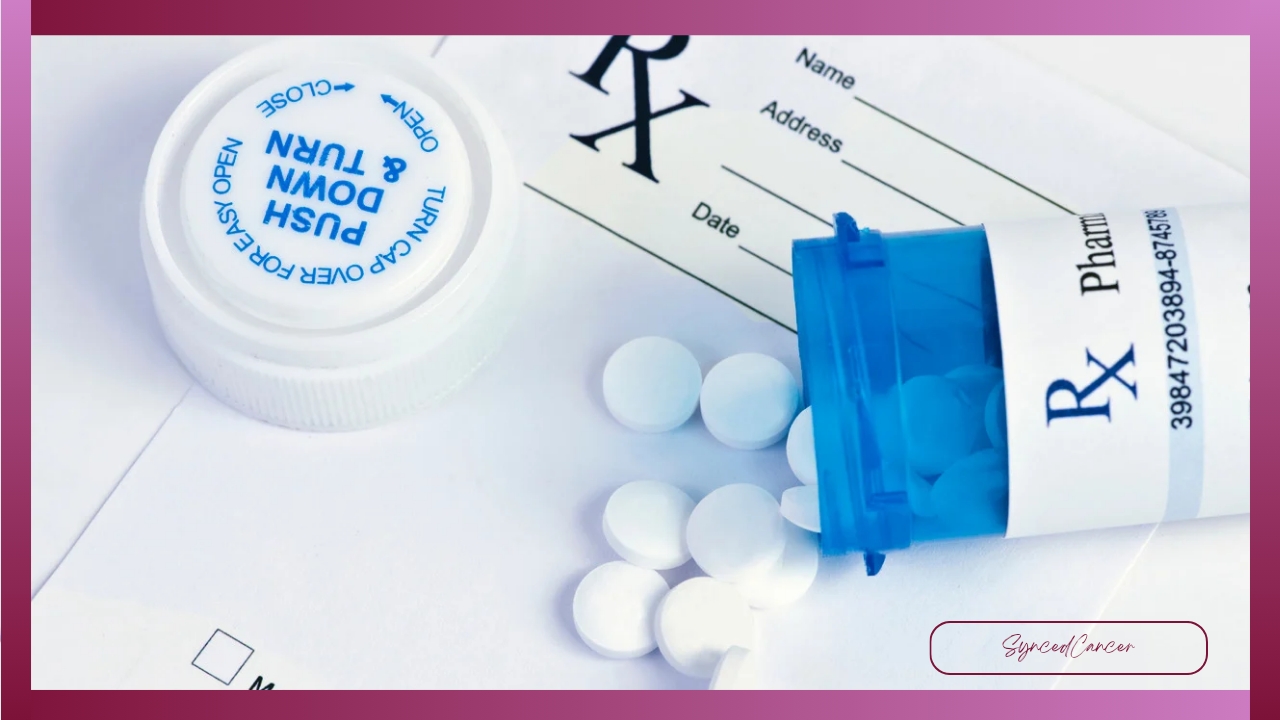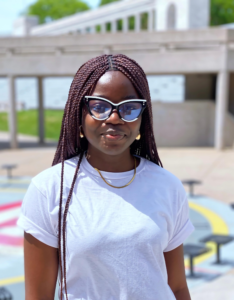The Food and Drug Administration (FDA) has approved Kisqali, a breast cancer drug designed to treat advanced metastatic cases, for use in patients with earlier stage breast cancer.
Novartis, the drug’s manufacturer, said that up to tens of thousands of women with early-stage breast cancer may get a new option that can help prevent their cancer from coming back.
This is the first approval for an indication specifically for breast cancer patients with multiple additional risk factors after neoadjuvant treatment,” noted Dr. Eleonora Teplinsky, head of breast and gynecologic medical oncology at Valley Health System in New Jersey, who also wasn’t involved in the study.
Depending on your risks, up to 30% of breast cancers can come back,” she explained. And the thing is, when your cancer comes back as stage four, that’s not a disease we can cure ― even though we have treatments for it. Early stage or “ally” cancer like mine just means we caught it before it turned into an aggressive terminal cancer in your organs. “People die from that cancer,” she added.
In a phase 3 clinical trial of more than 5,000 women conducted by Novartis, Kisqali lowered the risk of breast cancer recurrence when taken along with standard treatments, which typically include surgery, chemotherapy, radiation and hormone therapy. Three years after that trial ended, researchers found that taking Kisqali the breast cancer drug in addition to those usual treatments reduced a woman’s risk of developing recurring breast cancer by 25%. New analysis presented at an oncology conference in Barcelona showed that benefit increased to 28.5% risk reduction after four years.
Dr. Vandana Abramson, co-leader of the Breast Cancer Research Program at the Vanderbilt-Ingram Cancer Center in Nashville, Tennessee, said she was optimistic about Kisqali’s impact, as even a small reduction in the risk of recurrence could help patients significantly.
“We want to do everything we can to incrementally decrease the chances of this cancer coming back,” Abramson said. And while, for instance, a patient may have a 10% chance of the cancer returning, Kisqali could potentially lower that arch by such-and-such-percent-to around 7%. Understanding that if-your-cancer-comes-back numbers are becoming increasingly important.
Before the breast cancer drug approval, only one other breast cancer drug in its class, Verzenio, was approved for reducing the risk of metastatic breast cancer recurrence. But it was indicated only for patients at particularly high risk of their disease recurring. In contrast, Kisqali is expected to be available to a broader group of metastatic breast cancer patients, including those whose cancers are less aggressive at diagnosis.
Kisqali is expected to cause fewer side effects than Verzenio, says Dr. Teplinsky, and will likely be a more tolerable option for patients.
The approval specifically was expanded for patients with breast cancer HR-positive, HER2-negative. This is the most common form of the disease. This type of breast cancer finds its treatment in hormone therapy and does not have HER2 protein effected so that the cancer cells grow rapidly.
The breast cancer drug (Kisqali) has been approved for use in patients with stage two or three breast cancer, the point when cancer has not spread beyond the breast or adjacent lymph nodes, making it a valuable tool for preventing progression to more advanced stages.
This comes as concerns have been rising over the increasing rates of breast cancer seen in younger women. In a study published earlier this year in JAMA Network Open, researchers reported that between 2000 and 2019, there was a 15.6% increase in breast cancer cases among women ages 20 to 49.
This is an increasing trend which highlights the growing need for effective early stage interventions as more young women are faced with the long-term challenges of managing the disease.
Nikki Odum, a 42-year-old woman who survived breast cancer, was diagnosed with the disease at the age of 36.
Reflecting on her experience, the fear she felt upon hearing that diagnosis all came rushing back: “The first thing that I thought of was, ‘I’m not ready to die, so what do I gotta do?’” Odum, a resident of Smyrna, Tennessee, had a double mastectomy and went through chemotherapy and radiation.
Her doctor, Denise Yardley, asked her if she wanted to be in the Kisqali clinical trial after her primary treatments ended and for Odum, the answer was simple: “It was a no-brainer for me. I was like ‘I’m in, let’s do it.”’
Dr. Yardley, the associate director of breast cancer research at the Sarah Cannon Research Institute in Nashville, was one of the researchers who tested Kisqali; Participants were divided into two groups: one group received standard hormone therapy following their primary treatments, while the other group received both Kisqali and hormone therapy.
The patients were watched closely for potential side effects, like low white cell counts or liver enzyme levels that are too high.
When side effects occured, treatment was usually halted until they were under control, or in some cases the dose of Kisqali was lowered. Yardley said roughly 20 percent of patients stopped taking the drug because of side effects, but many other women, like Odum, continued to take it without issue.
Odum recalled developing a rash during the trial, which temporarily stopped treatment,’. ‘But I guess because I was so far in the program, I wasn’t expecting anything bad to go wrong. The way I looked at it, if they’re testing this drug on me, they’re pretty sure this is going to do somebody some good. For me, the breast cancer drug was something that was a bonus. It’s something that I know in my heart helped me.’
While the clinical trial had followed patients for three years, experts like Dr. Komal Jhaveri, a breast medical oncologist at Memorial Sloan Kettering Cancer Center in New York, had wanted to see longer-term follow-up data. Breast cancer can recur decades after the initial diagnosis, and it’s unclear from the initial research if Kisqali’s benefits will extend to preventing these late recurrences.
“It would be nice to see additional longer follow-up data to see if we are impacting just rates of early recurrences or if we will also have an impact on late recurrences,” Jhaveri said, voicing her hope that future studies will focus on the breast cancer drug long-term efficacy.
However, the cost of the breast cancer drug remains a significant consideration. According to Dr. Abramson, the drug could cost between $300,000 and $400,000 over the course of three years of treatment. While expanded FDA approval makes it more likely that insurance plans will cover the cost of the breast cancer drug, the high price still places a substantial burden on the healthcare system.
“Some of the criticisms of the study have been: well, it was only a 3% benefit,” said Dr. Teplinsky, acknowledging the debate. “Three percent more patients benefit. What does that mean?” Ultimately, Teplinsky believes that it should be up to the patient to decide whether the potential benefit justifies the treatment. For many, simply having the option is empowering.
For patients like Odum, the peace of mind Kisqali provided far outweighed the risks or potential costs.
The expanded approval of this breast cancer drug marks a critical step forward in offering more women the chance to reduce their risk of breast cancer recurrence, empowering them with more choices and, ultimately, more hope for their future.
Reference
Accessed 2nd October,2024










What do you think?
It is nice to know your opinion. Leave a comment.